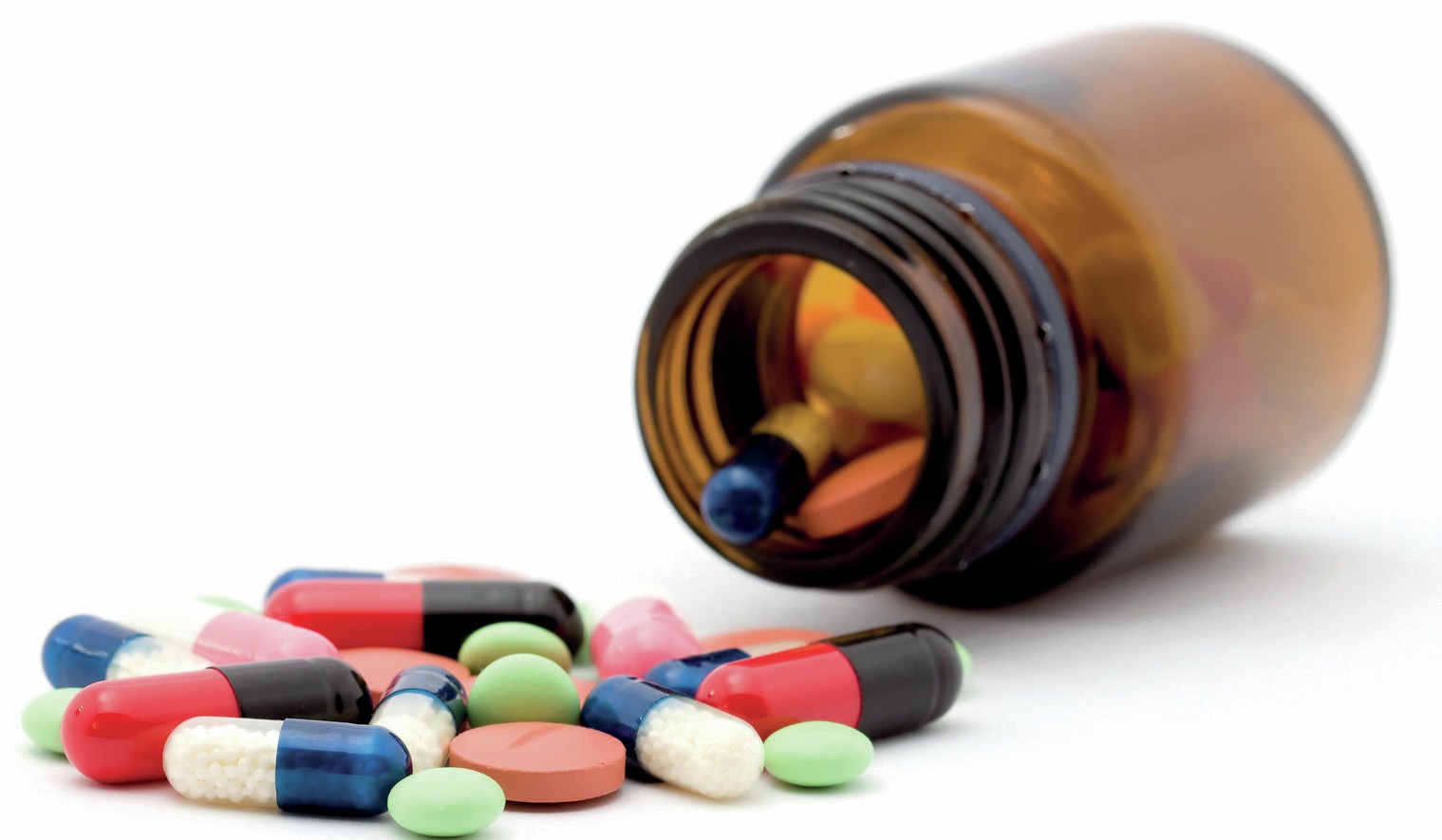
The cost of drugs as a percentage of the total healthcare expenditure (private and public) in the UK has fallen over the last decade (Figure 1). The main reason for this negative trend is that the health bill (in particular the cost of doctors, nurses and other NHS employees) has increased at a faster pace than the cost of drugs. The proportion of the health bill used to pay for drugs is lower in the UK than in other European countries.
Another reason why the cost of drugs in the UK is lower than in other EU countries is because many expensive treatments are not offered by the NHS. Drugs do not receive the green light from the National Institute of Clinical Excellence (NICE) if the benefits they provide do not justify their costs — that is, some new expensive treatments are not considered to be cost-effective.
Your organisation does not have access to this article.
Sign up today to give your students the edge they need to achieve their best grades with subject expertise
Subscribe




